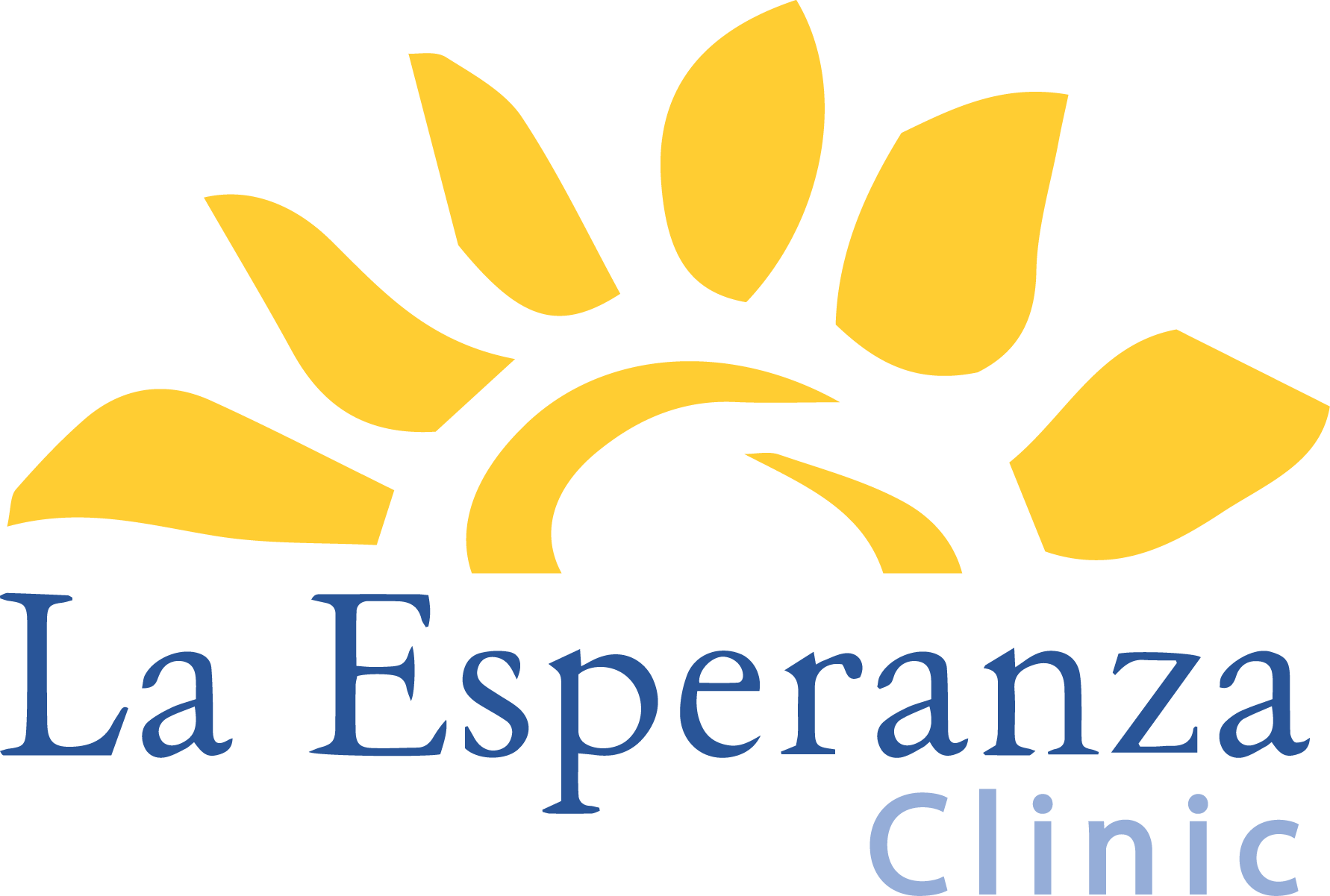Good Faith Estimate
Understanding Your Right to a Good Faith Estimate
Under federal law, healthcare providers must give patients without insurance, or those not using insurance, an estimate of the costs for medical items and services.
Your Rights to a Good Faith Estimate
You are entitled to a “Good Faith Estimate” for the total expected costs of any non-emergency items or services. This includes associated costs such as medical tests, prescription drugs, equipment, and hospital fees.
You can request a Good Faith Estimate before scheduling an item or service by using the tools below or contacting us directly.
Proof of Earned Income
If patient gets paid, bring most recent pay stubs
One month of most recent pay stubs
If no pay stubs, provide Employment Verification Form
If patient does not have stubs or copies of checks, the patient can have their employer fill out an Employment Verification Form. For all patients, a filed tax return will be accepted until June 30 of the current year.
Proof of Unearned Income
Current year Social Security Award Letter for Supplemental Income
Unemployment Benefits for current year Disability Award Letter
Pell Grants
Child Support (current printout from the Attorney General's office)
Retirement check for current year or statement showing payments
Proof of No Income
Bring a letter of support (with the dollar amount provided in a month) and a copy of the picture ID of the supporter if they will not be present at the appointment
Patients staying at a shelter should provide a letter of Support on a Business Letterhead
Note: If visit is not covered or paid in full, any remaining balances will be billed to patient.
What to Do if the Bill Exceeds the Estimate
If you receive a bill that is $400 or more above your Good Faith Estimate, you have the right to dispute it.
Keep a copy or picture of your Good Faith Estimate for your records.
For more information about your rights to a Good Faith Estimate, visit www.cms.gov/nosurprises or call 214-633-4036.
